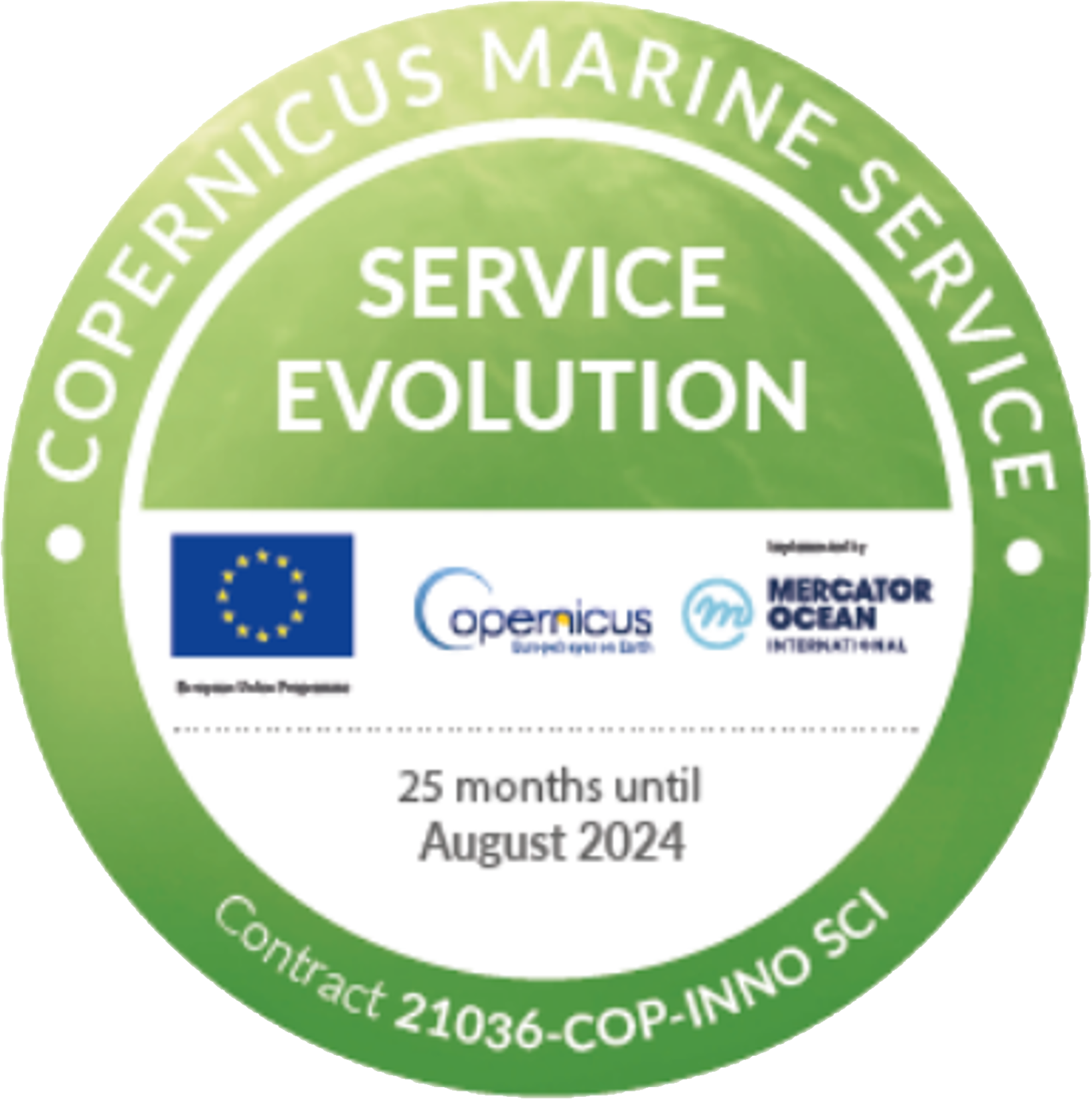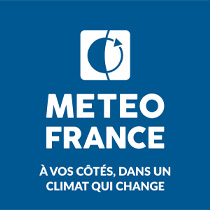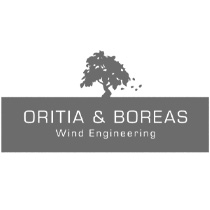
The Client
The Copernicus Marine Service is a provider of free and open marine data and services to enable marine policy implementation, support Blue growth and scientific innovation.
The Copernicus Marine Service (or Copernicus Marine Environment Monitoring Service), it is funded by the European Commission (EC) and implemented by Mercator Ocean International.
The Challenge
KAILANI aims to enhance coastal wave forecasts in the Copernicus Marine Service IBI-WAV, by improving IBI-WAV forcings (winds and surface currents). Biases and errors in coastal winds and currents will be corrected with Artificial Neural Networks (ANNs), and the latter will be trained with Satellite Synthetic Aperture Radar (SAR) High Frequency Radar (HFR) data. These ANNs will be able to predict winds and currents at specific coastal locations that will be blended with existing operational forecasts..

KAILANI enhance coastal wave forecasting by satellite data and AI
The Results
KAILANI aims to enhance IBI-WAV coastal wave forecasting by benefiting from the growing volumes of satellite data and the latest advances in Artificial Intelligence.
Increasing demand for better coastal winds and currents for (i) search-&-rescue operations, (ii) pollutant, oil-spill, debris and passive tracers transport, (iii) renewable energy.
Increasing demand for reliable coastal wave products: Wave forecasts are inputs for coastal flooding modelling for the Copernicus Emergency Service (EMS).
Benefiting from new observational sources: Enhancement of forecast applications by integration of satellite data with model outputs.
Increasing the forecast accuracy without compromising the service delivery: Low-computational cost for correcting forecasts with ANNs, once they are properly trained. The computational cost comes mainly at the training stage.
Scalability of the infrastructure for future improvements: The ANNs can be extensible as new observations will be available, without compromising the operational chain.





